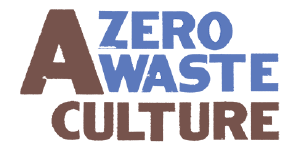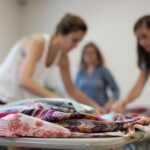The Guardians. Helena Iturralde
By Kym Klass and George White / Special to Islander News
Jun 23, 2020 Updated Jun 23, 2020
THE GUARDIANS, Celebrating the heroes who keep us safe in the battle over Coronavirus
When a crisis such as the Coronavirus pandemic strikes, a community’s strength of character is put to the test. As neighbors struggle, others step up to help. Compassionate. Diligent. Selfless.
When a crisis such as the Coronavirus pandemic strikes, a community’s strength of character is put to the test. As neighbors struggle, others step up to help. Compassionate. Diligent. Selfless.
For some — those designated as “essential” workers — it is their job, and they perform exceptionally. Others, however, willingly come out of the safety of self-quarantine and risk sickness to offer assistance to the community.
The response to the pandemic epitomizes what makes Key Biscayne so special. The village is composed of people who put the community before self. People from all walks of life with generous hearts who have genuine concern for their neighbors.
From making and distributing meals to the homebound, to being senior “buddies,” to volunteering at testing sites or serving in area hospitals, these folks work on our behalf – not just to keep us safe, but to keep hope alive for a brighter future.
In a Special Report, we honor just some of the community’s “guardians” for keeping us safe, fed and healthy. To them, and others who continue to step up, we say “Thank you!”
Since Monday, we have been introducing you to some of these 10-kind friends and neighbors who give of themselves to keep us safe & comfortable during this pandemic.
In 2019, Helena Iturralde founded A Zero Waste Culture to empower people to fight climate change through programs such as creating reusable grocery bags from donated fabric.
Being an alternative to single-use plastic bags is important as one means of reducing the Carbon footprint, Iturralds said. Since the Coronavirus crisis struck, however, the program shifted to creating cloth masks by the hundreds.
The masks are purchased from underemployed women who get paid $5 per mask. When the masks are sold for $15, the extra proceeds go to help sustain the program, including training women to sew. In addition, two other masks are donated to those needing them: residents of Little Haiti, incarcerated women, and the Navajo tribe in Arizona.
“We started by learning, making masks with a real simple design, but we changed it to a different model because we had to find a faster way to make as many as possible,” Iturralde said. “They are not medical masks, but … (it’s) better to be protected with these masks than not be protected at all.”
To date, several thousand masks have been sold or donated, she said, adding that many of the masks go to essential workers. “So many people have to go to work and really need to be protected.”
The group now has volunteers collecting elastic and bendable metal bars off disposable masks so they can be incorporated in the reusable design, she said.
Iturralde is pleased her organization and its workers have the flexibility to help with the virus-submission effort, but “I hope we will stop needing them.’’

